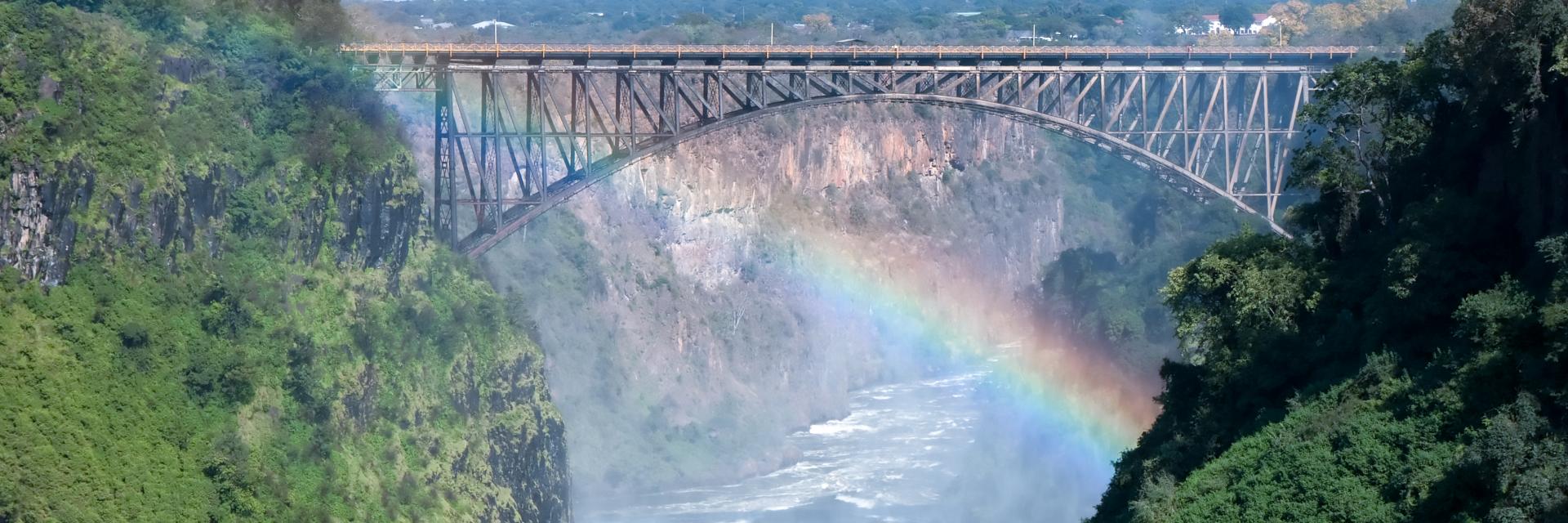(Glasgow 6/November/2021) The Africa Climate Resilience Investment Facility (AFRIRES) has launched an elaborate capacity-building programme seeking to empower African professionals on climate resilience.
On the sidelines of the on-going UN climate summit (COP26) in Glasgow, Scotland AFRI-RES made full utilization of the “Youth Day at COP26” to unveil the free training programme that will empower Africa’s cadre of professionals to make sound infrastructure investments for present and future continental needs.
The well-attended ceremony to launch the climate resilience skills enhancement programme took place at the Africa Pavilion at COP26 under the theme “Capacity and tools for building resilience in climate sensitive sectors.”
AFRI-RES is a joint initiative of the African Union Commission (AUC), Economic Commission for Africa (ECA), African Development Bank (AfDB) and the World Bank with support from the Nordic Development Fund (NDF).
This joint-partnership established AFRI-RES to support the integration of climate resilience in investments within key sectors in Africa and to ensure return on investment in the present and future climate.
“Building capacity is critical to understand climate risks and opportunities in managing infrastructure in Africa.” Al Hamdou Doursouma of the African Development Bank (AfDB) says. He further reiterated that the training offered by AFRIRES course comes at an opportune moment as the continent rolls out intensive and mega infrastructure projects covering strategic and critical African economic sectors such as agriculture, water, transport, ecosystems, energy and cities while at the same time confronting an uncertain climate future.
According to Linus Mofor, the senior energy specialist at the UN Economic Commission for Africa (ECA), the training programme is premised with an aim ofon enabling and facilitating to redress of the gaps in knowledge on resilience in the continent. Mofor adds that the course will prioritize capacity, tools and analytical support to facilitate wise investment decisions in Africa.
Harsen Nyambe of the African Union Commission (AUC) reiterated that the training offered by AFRIRES course comes at an opportune moment as the continent rolls out intensive and mega infrastructure projects covering strategic and critical African economic sectors such as agriculture, water, transport, ecosystems, energy and cities while at the same time confronting an uncertain climate future.
Terming the initiative as timely and appropriate Henrik Franklin of NDF welcomed the all-inclusive initiative whose main objective targets increased skills enhancement and robust adaptation capacity in the continent.
The free-training programme is multi-purposed to strengthen the capacity of a critical mass of African institutions, national governments, river basin organisations, regional economic communities, power pools and development practitioners to plan, design and implement investments resilient to climate variability and change in selected sectors.
Hisham Osman of the World Bank acknowledged the free training initiative, which he said, would go a long way in fulfilling the core objectives of AFRI-RES as well as boosting the attainment of the sustainable development goals.
According to Ken Strzepek of Industrial Economics Incorporated, who were involved in co-designing the study curricula, the three main modules encompass a series of lectures and assignments, communicating a single topic on climate resilience will be the core of the studies. Strzepek says the three modules will cover climate science, evidence-based decision making and resilient infrastructure design. “This course is critical as data, knowledge and technical capacity to plan and design climate resilient investments are hugely inadequate on the continent.” Strzepek says.
The curriculum framework entails three training packages incorporating a self-paced learning component, which comprises of pre-recorded lectures and assignments including directed online learning tools accompanied by interactive zoom engagements. In-person learning with scheduled workshops on location are also envisaged in the comprehensive AFRI-RES climate resilience course.
“With capacity and tools to integrate climate resilience in investments to close Africa’s infrastructure gaps, the continent can harness and monetize a resilience dividend for climate finance.” Mofor says.
ENDS

